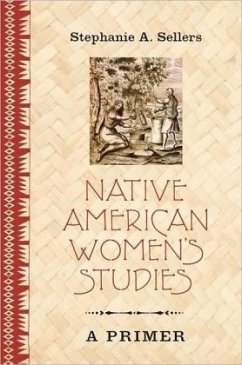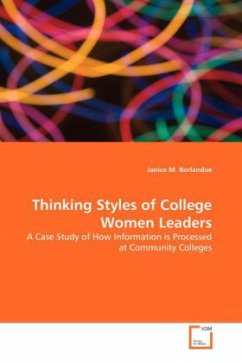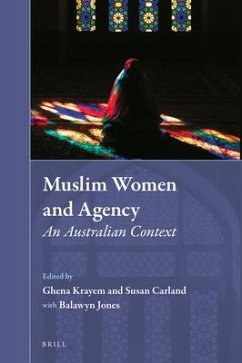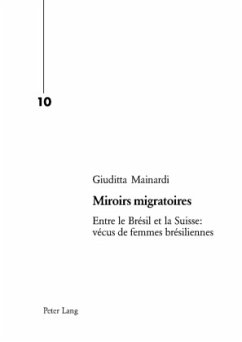
Women, Love and Learning
The Double Bind

PAYBACK Punkte
0 °P sammeln!
This book tells the story of a generation of American and Australian women who embodied - and challenged - the prescriptions of their times. In the 1950s and early 60s they went to colleges and universities, trained for professions and developed a life of the mind. They were also urged to embrace their femininity, to marry young, to devote themselves to husbands, children and communities. Could they do both? While they might be seen as a privileged group, they led the way for a multitude in the years ahead. They were quietly making the revolution that was to come. Did they have 'the best of al...
This book tells the story of a generation of American and Australian women who embodied - and challenged - the prescriptions of their times. In the 1950s and early 60s they went to colleges and universities, trained for professions and developed a life of the mind. They were also urged to embrace their femininity, to marry young, to devote themselves to husbands, children and communities. Could they do both? While they might be seen as a privileged group, they led the way for a multitude in the years ahead. They were quietly making the revolution that was to come.
Did they have 'the best of all possible worlds'? Or were they caught in a double bind? Sylvia Plath's letters tell of her delighted sense of life opening before her as a 'college girl'. Her poetry, however, tells of anguish, of reaching for distant goals. Drawing on interviews, surveys, reunion books, letters, biographical and autobiographical writing from both American and Australian women, this cultural history argues that the choices that faced educated women in that time led to the revolution of the late 1960s and 70s. Something had to give. There are lessons here for today's young women, facing again conflicting expectations. Is it possible, they ask, to 'have it all'?
Did they have 'the best of all possible worlds'? Or were they caught in a double bind? Sylvia Plath's letters tell of her delighted sense of life opening before her as a 'college girl'. Her poetry, however, tells of anguish, of reaching for distant goals. Drawing on interviews, surveys, reunion books, letters, biographical and autobiographical writing from both American and Australian women, this cultural history argues that the choices that faced educated women in that time led to the revolution of the late 1960s and 70s. Something had to give. There are lessons here for today's young women, facing again conflicting expectations. Is it possible, they ask, to 'have it all'?













